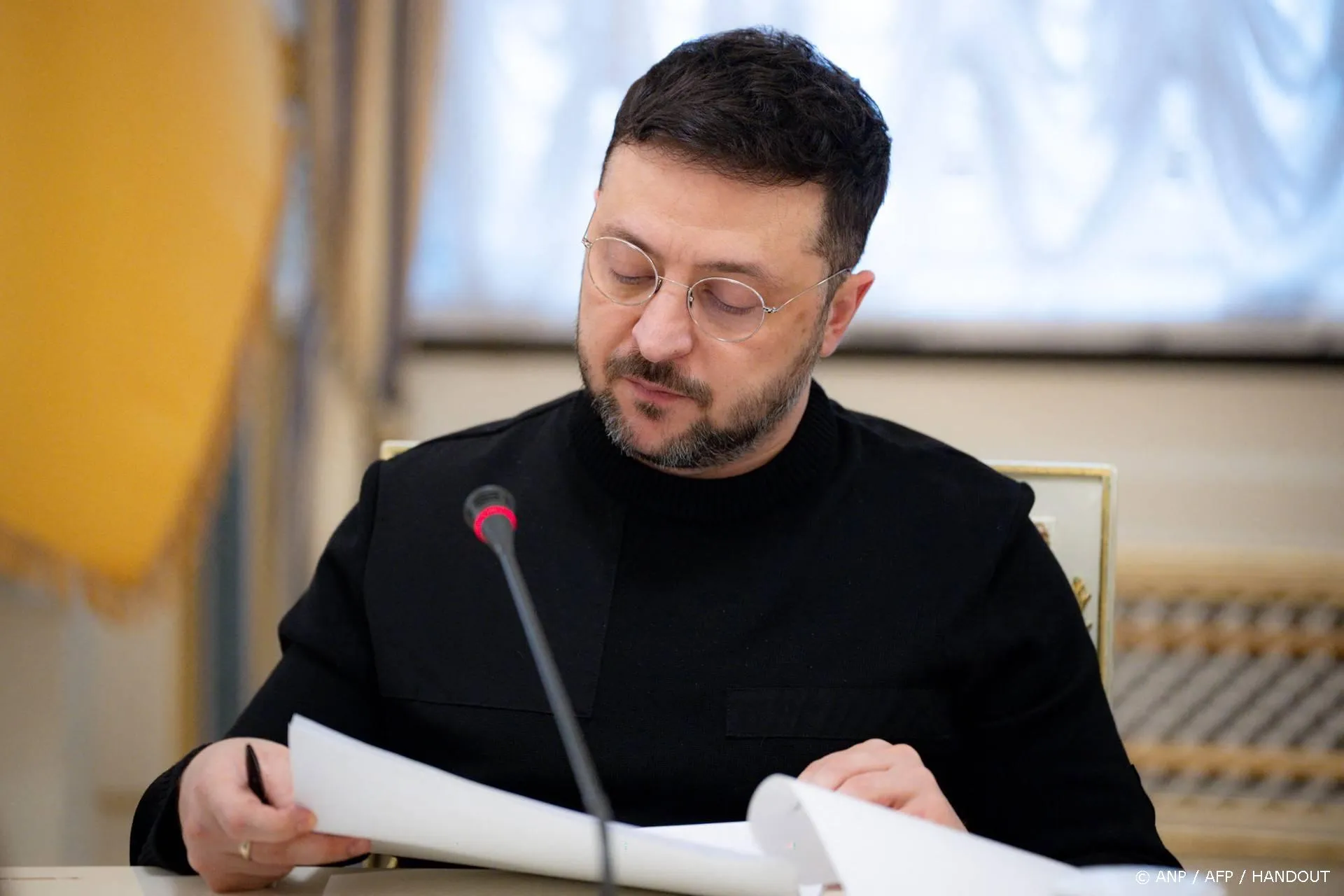Decarboniseringsbeleid EU in staat van ontbinding
De massale verwoesting van Europees industrieel potentieel vormt een vernietigend brevet van onvermogen voor de betrokken beleidsverantwoordelijken.
Onder de titel, 'Europes New Climate Targets: Myth & Reality', schreef Benny Peiser van de 'Global Warming Policy Foundation (GWPF):
On 22 January, the outgoing European Commission (EC) proposed new EU-wide CO2 emissions and renewables targets for 2030, which will be discussed by the European Council in the next 12 months.
This announcement was reported in the media as if the EU has already adopted these aggressive, new targets.
This is, however, not the case.
If agreed by the European Council, the CO2 emissions target would only be offered as a conditional pledge during the 2015 international negotiations on climate change in Paris.
In its press release, the Commission states:
The Commission invites the Council and the European Parliament to agree by the end of 2014 that the EU should pledge the 40% reduction in early 2015 as part of the international negotiations on a new global climate agreement due to be concluded in Paris at the end of 2015.
In light of deep splits among EU member states, there are considerable uncertainties about what will happen to these proposals:
(i) There is no certainty that the proposed targets will remain as stringent as currently proposed.
(ii) There is no guarantee of a final EU agreement before the UN climate summit in Paris in 2015.
(iii) In the event that no global CO2 emissions treaty is agreed in 2015, the EUs conditional pledge may not be enacted. ...
De huidige doelstelling van 20% CO2-uitstootreductie ten opzichte van 1990 voor 2020 bestaat uit bindende nationale subdoelstellingen per land. Als die niet worden gehaald, mag de commissie aan het betrokken land een boete opleggen.
Uiteraard impliceert dit een belangrijke overdracht van nationale soevereiniteit aan de Europese commissie. Totdat ik daarover ongeveer een jaar geleden in een CPB-rapport las, was mij dat niet bekend. En tot op heden weet ik niet welke bewindsman of vrouw daarvoor politieke verantwoordelijkheid draagt. Is dat besluit destijds in alle transparantie en openheid genomen? Of is het er door groenbevlogenen stiekem doorheen geloodst? Hoe het ook zij, het lijkt mij een uiterst onwenselijke bepaling, die dient te worden geschorst.
Benny Peiser:
There has been considerable disagreement amongst member states about the level of targets, which could prove to be a stumbling block when the European Council considers these proposals. It has been reported, for example, that at least 5 commissioners along with many EU member states had been pushing for a lower emissions target of 35%.
Moreover, Poland and other member states are opposed to unilateral EU energy and climate targets until there is a global legally binding agreement on climate targets. However, over the course of the last few years, the likelihood of a global climate agreement has been further reduced by a number of western countries rolling back on their decarbonisation commitments, including Australia, Japan and Canada.
Lees verder hier.
Wat heeft het Europese decarboniseringsbeleid tot dusver opgeleverd? Er heeft inderdaad enige vermindering van de CO2uitstoot plaatsgevonden, maar die wordt zelfs door Eurocommissarissen vooral toegeschreven aan de slimme berekeningsmethode en de recessie. Voor de Europese industrie en in het bijzonder de elektriciteitssector was dit beleid rampzalig.
Onder de titel, 'How Europe's Economy Is Being Devastated By Global Warming Orthodoxy', schreef Jim Powel enige tijd geleden voor Forbes:
Many Europeans complain about their high energy costs, largely due to their increasing dependence on renewables the most costly energy sources. But European political parties as well as a majority of people still want government to promote costly options, especially wind and solar power.
This is killing European economies. Electricity costs in Europe are more than double the cost of electricity in the U.S. High electricity costs make it difficult for businesses to operate if they need a lot of electricity. Their cost of electricity is high, and they might not be able to pass it on to consumers when consumers are free to patronize businesses operating where electricity costs are much lower. Many businesses under pressure are likely move to a lower-cost location, and jobs will go with them. Antonio Tajani, European Commissioner for Industry and Entrepreneurship, warned: We face a systemic industrial massacre. ...
The Association of German Chambers of Industry and Commerce (DIHK) reported that its surveys indicated many German business executives would rather move operations to the US than remain handicapped by high European electricity costs as they try to remain competitive in world markets. DIHK Chief Executive Martin Wansleben acknowledged that The U.S. has become much more attractive to companies than Europe.
Its no wonder more European companies are opening or expanding facilities in the U.S., and more U.S. multi-nationals are shifting overseas operations back home:
Airbus is building an aircraft assembly plant in Mobile, Alabama. It will produce A320 jets for the American market. Der Spiegel noted that Airbus could save on manufacturing costs compared to its plants in Hamburg, Germany, and Toulouse, France.
Siemens, a German multi-national engineering and electronics company, is making turbines for fossil fuel power plants in Charlotte, North Carolina.
BASF, the German chemical company, has opened a $33 million facility expansion in Research Triangle Park, North Carolina.
Michelin, the French tire producer, is developing a $750 million facility in Greenville, South Carolina.
BMZ GmbH, a German company, opened its U.S. facility in Virginia Beach, Virginia for research, development, assembly and distribution of lithium ion rechargeable batteries.
SO.F.TER Group, an Italian plastics compounding company, is building a new plant in Lebanon, Tennessee.
Prufrex Innovative Power Products, a German producer of digital ignition systems and electronic control units, is spending $7.3 million to build a manufacturing plant in Virginia Beach, Virginia.
Thomas Magnete GmbH provides engineering services and hydraulic equipment for the automobile, agricultural and construction industries, and it will be opening a manufacturing facility in Brookfield, Wisconsin.
Wacker Polysilicon, which makes hyper-pure poly-crystalline silicon, is opening a $5 million pilot plant and training center in Chattanooga, Tennessee.
Kayser Automotive, a German producer of metal and plastic components for cars, will build a $1.5 million manufacturing facility in Fulton, Kentucky.
British-based Rolls Royce decided against expanding a plant in the U.K. and instead built a plant in Prince George County, Virginia for producing engine parts.
The K?bler Group, a German manufacturer of motion sensors, opened a U.S. production facility in Charlotte, North Carolina.
The Austrian steelmaker Voestalpine AG is building a $715 million plant near Corpus Christi, Texas.
Royal Dutch Shell, headquartered in the Netherlands, announced it would build a multi-billion dollar petrochemical plant in Pennsylvania.
Dow Chemical closed facilities in Belgium, the Netherlands, Spain and the U.K., while opening a plant in Texas.
Siemens, a German multi-national engineering and electronics company, is making turbines for fossil fuel power plants in Charlotte, North Carolina.
BASF, the German chemical company, has opened a $33 million facility expansion in Research Triangle Park, North Carolina.
Michelin, the French tire producer, is developing a $750 million facility in Greenville, South Carolina.
BMZ GmbH, a German company, opened its U.S. facility in Virginia Beach, Virginia for research, development, assembly and distribution of lithium ion rechargeable batteries.
SO.F.TER Group, an Italian plastics compounding company, is building a new plant in Lebanon, Tennessee.
Prufrex Innovative Power Products, a German producer of digital ignition systems and electronic control units, is spending $7.3 million to build a manufacturing plant in Virginia Beach, Virginia.
Thomas Magnete GmbH provides engineering services and hydraulic equipment for the automobile, agricultural and construction industries, and it will be opening a manufacturing facility in Brookfield, Wisconsin.
Wacker Polysilicon, which makes hyper-pure poly-crystalline silicon, is opening a $5 million pilot plant and training center in Chattanooga, Tennessee.
Kayser Automotive, a German producer of metal and plastic components for cars, will build a $1.5 million manufacturing facility in Fulton, Kentucky.
British-based Rolls Royce decided against expanding a plant in the U.K. and instead built a plant in Prince George County, Virginia for producing engine parts.
The K?bler Group, a German manufacturer of motion sensors, opened a U.S. production facility in Charlotte, North Carolina.
The Austrian steelmaker Voestalpine AG is building a $715 million plant near Corpus Christi, Texas.
Royal Dutch Shell, headquartered in the Netherlands, announced it would build a multi-billion dollar petrochemical plant in Pennsylvania.
Dow Chemical closed facilities in Belgium, the Netherlands, Spain and the U.K., while opening a plant in Texas.
Lees verder hier.
Naast de ontwrichting van de elektriciteitsmarkt, met megaverliezen voor de betrokken producenten en voorzieningsonzekerheid voor de verbruikers, is dit een greep uit de beleidsgeïnduceerde deïndustrialisering die het Europese decarboniseringsbeleid tot dusver heeft opgeleverd.
Deze massale verwoesting van Europees industrieel potentieel vormt een vernietigend brevet van onvermogen voor de betrokken beleidsverantwoordelijken.
De nieuwe voorstellen van de Europese commissie gaan in de goede richting. Maar ik heb al eerder opgemerkt dat zij 'too little and too late' zijn. Daarmee bereik je geen substantiële verbetering van het Europese investeringsklimaat. Wil men dat bereiken, dan dient er een radicaal einde te komen aan het decarboniseringsbeleid, dat niet meer is dan geldverslindende getuigenispolitiek omdat het geen enkel meetbaar effect op het klimaat heeft.
Voor mijn eerdere DDS bijdragen zie hier.
Ga verder met lezen
Dit vind je misschien ook leuk
Laat mensen jouw mening weten
Lees ook
Loading


